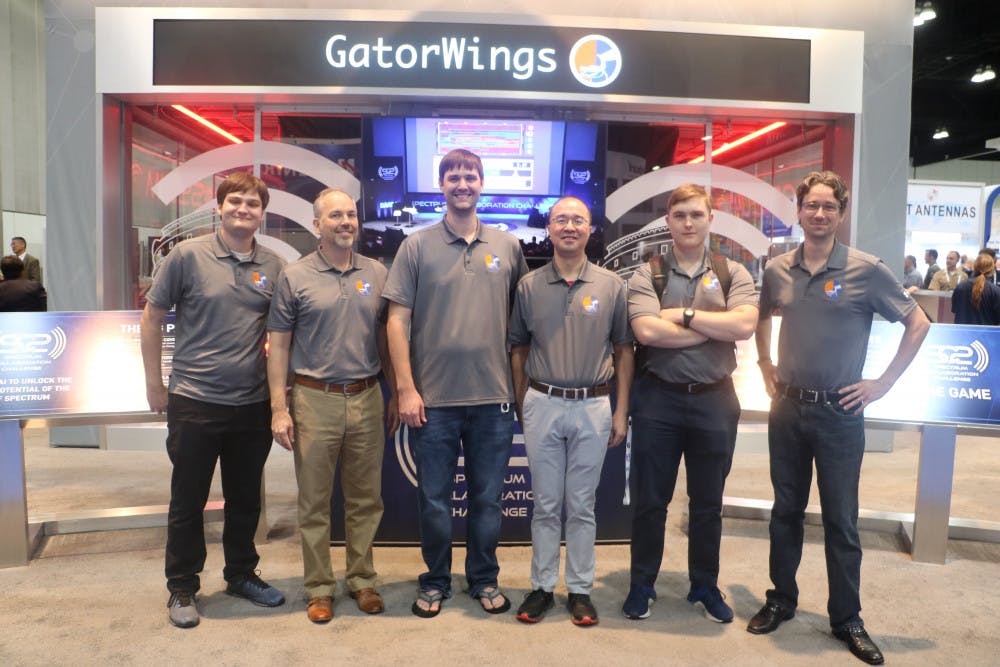Graduate Assistants United released a press release Tuesday morning demanding UF revise its research and competition prize policy and give a UF engineering team the $2 million prize it won.
GatorWings, a UF engineering team, won first place at the Spectrum Collaboration Challenge on Oct. 23 and were awarded $2 million. A 2018 UF policy change allowed the university to keep the prize money rather than the faculty and students.
“UF must revisit its policy concerning research prizes, recognizing that victories such as GatorWings increase the scholarly stature of the university community,” the release stated.
UF’s faculty union filed an Unfair Labor Practice charge for changing established practice without consulting the union. UF spokesperson Steve Orlando said he could not comment because of active litigation.
Stephen Phillips, GAU communications chair and 29-year-old UF political science doctoral student, said UF should give GatorWings the $2 million and change the policy for future teams.
“Participating in these types of competitions are really crucial to the career and education of graduate students and graduate assistants, not only here at UF but at universities across the state and across the country,” he said.
David Greene, a 31-year-old UF electrical engineering doctoral student, was one of the graduate students who competed with GatorWings after joining the team in October 2015. He was disappointed when he found out UF would receive the money.
When GatorWings won $750,000 in a preliminary event of the same competition, UF took the money, saying it to be for “continuing development,” Greene said. After the first place win, however, the project is no longer ongoing.
“It kills competition entirely,” he said. “Essentially, you’re removing the prize part of a competition and that gives no future students or faculty motivation to compete.”
Team GatorWings (left to right: Marco Menendez, Dr. John Shea, Tyler Ward, Dr. Tan Wong, Caleb Bowyer, and David Greene). Photo emailed to me from John Shea.






